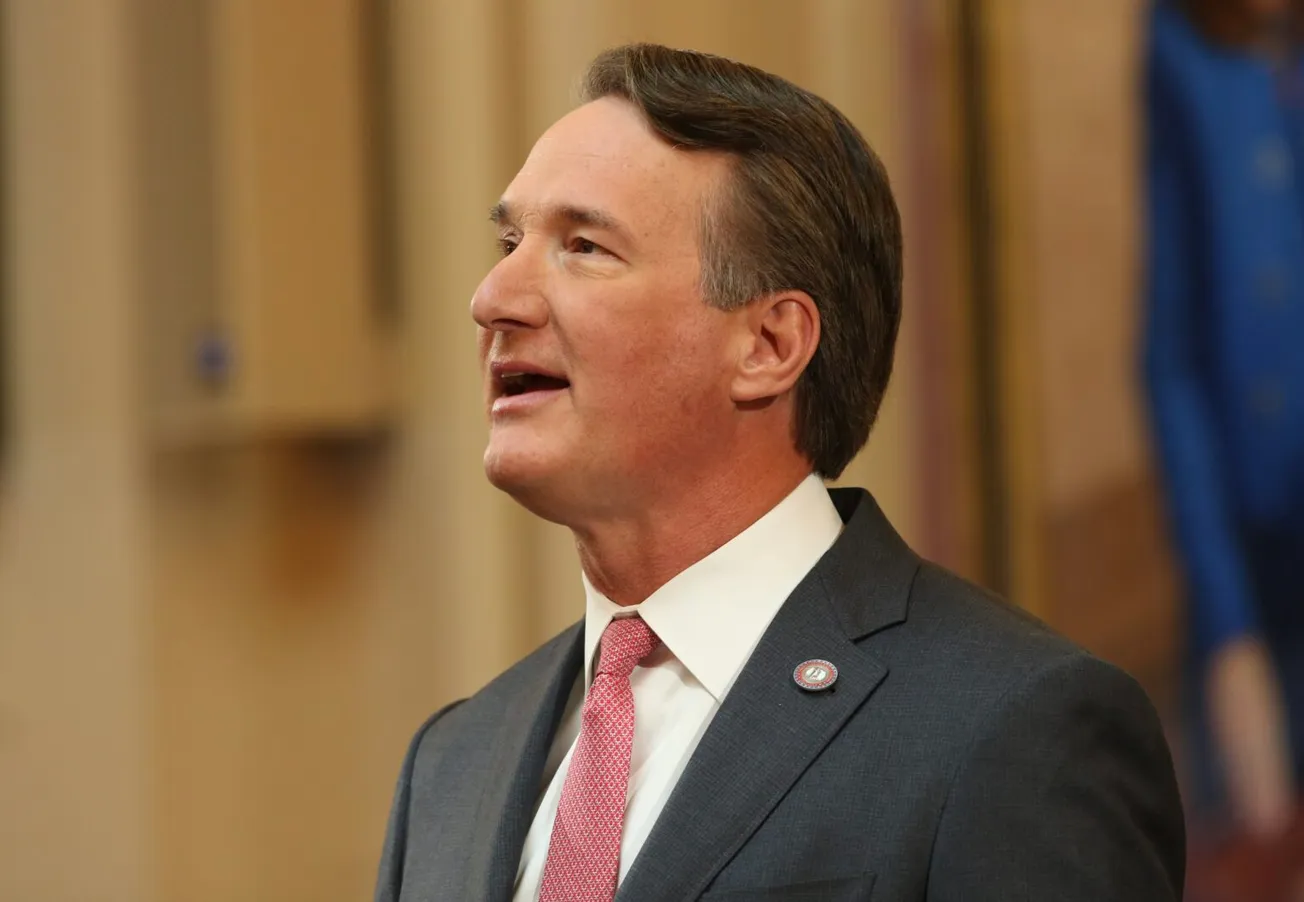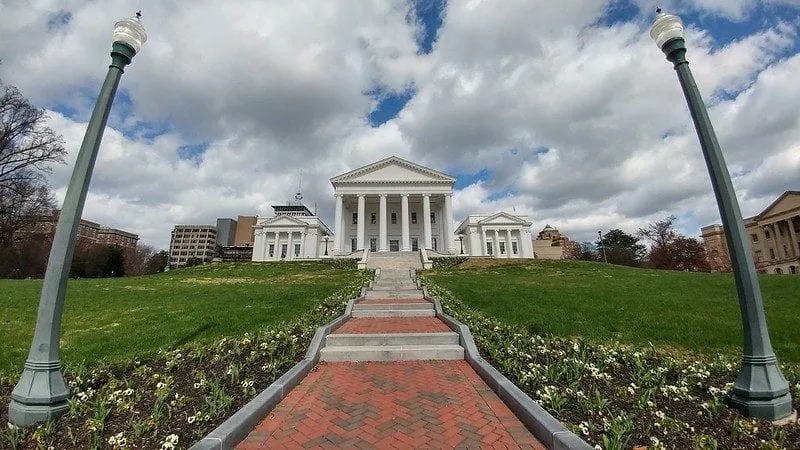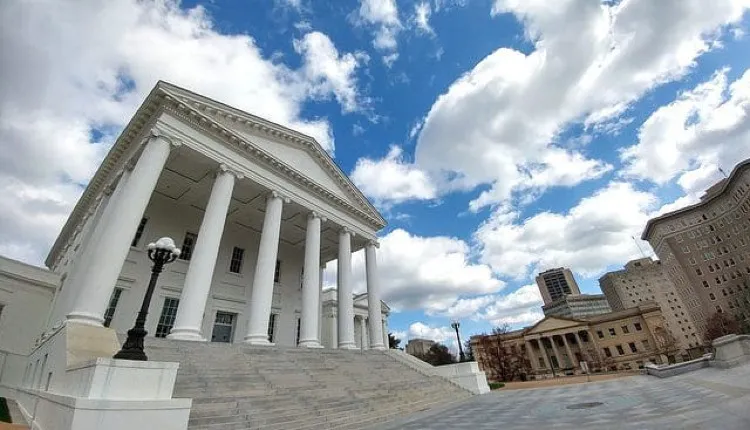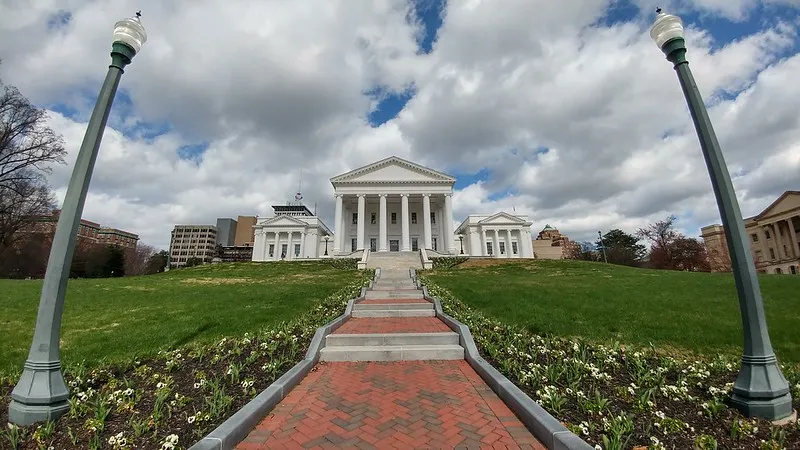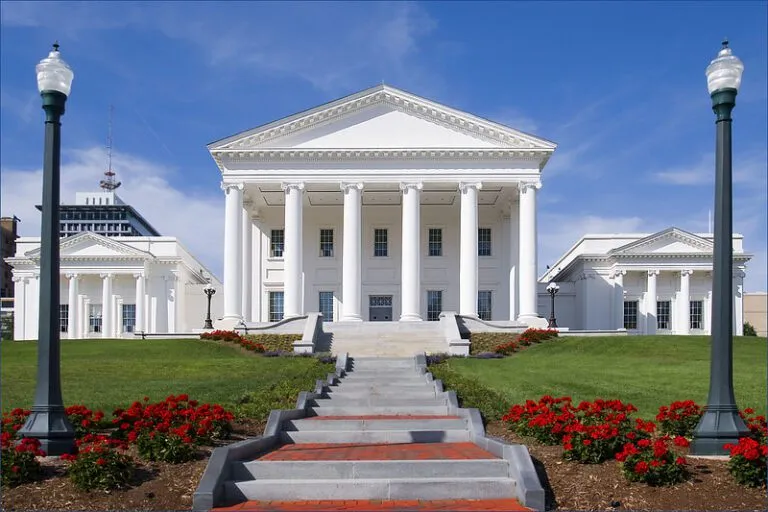Youngkin touts Va.’s $4.7 billion cash cushion, downplays Medicaid, federal workforce changes
At joint money meeting, Va. lawmakers question governor’s claims about state impact of federal Medicaid, workforce changes that led to over 11,000 Virginians losing federal jobs since January
